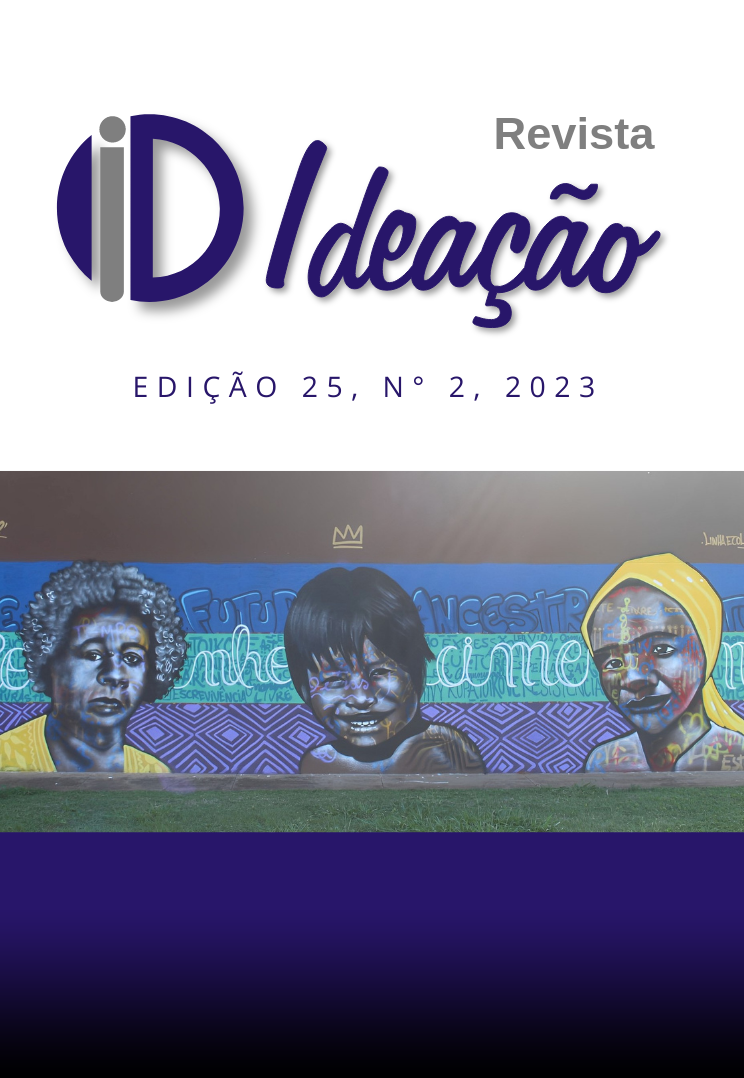Neonatal hearing screening (NHS): Understanding of mothers from photographic resources
DOI:
https://doi.org/10.48075/ri.v25i2.30504Keywords:
Public Health, Neonatal Hearing Screening, Humanization, Speech Language Pathology, PhotographyAbstract
Abstract: This study sought to understand the moment of NHS for mothers assisted at a speech therapy school clinic in the state of Paraná. Of a descriptive, qualitative nature, opinion – 5.240.496, the research occured in three moments of the NHS, in the first one the characterization of the mothers and their babies was realized through objective questions. In the second moment, during the capture of otoacoustic emissions, a photograph was taken, which was the hook for an interview in the third moment. Five mothers participated, with an average age of 30,6 years-old. There was a predominance of high school education and working life in the commercial sector. All babies had a current average age of 30 days-old. There was no presence of Risk Factors for Hearing Impairment (RFHI) and no baby has had “failed” the test. The understanding of the mothers about the moment of the NHS emphasized antagonisms of feelings, such as care, affection, satisfaction with the test, knowledge about the baby's hearing, like insecurity about the procedure and possible results. The moment of the test consisted of the experience of singular expectations, and previous experiences with interventions caused impacts on this moment, as well as the reduction of suffering due to the already existing knowledge. Mothers reported that the photograph was an important register of their children's hearing care. It is concluded that an intervention carried out in the moment of the NHS promoted a plurality of feelings, which demand the need to promote actions aimed to the humanization of hearing health care.
Downloads
Published
How to Cite
Issue
Section
License
Copyright (c) 2023 Direitos partilhados conforme licença CC BY-NC-SA 4.0

This work is licensed under a Creative Commons Attribution-NonCommercial-ShareAlike 4.0 International License.
Authors who publish in this journal agree with the following terms:
1. Authors maintain copyright and grant the journal the right of first publication, with the work simultaneously licensed under the Creative Commons Attribution License that allows the sharing of the work with recognition of authorship and initial publication in this journal.
2. Authors are authorized to assume additional contracts separately, for non-exclusive distribution of the version of the work published in this journal (e.g., to publish in an institutional repository or as a book chapter), with acknowledgment of authorship and initial publication in this journal.
3. Authors are allowed and encouraged to publish and distribute their work online (e.g., in institutional repositories or as a personal page) at any point before or during the editorial process, as this may generate productive changes, as well as increase the impact and citation of the published work (See The Effect of Free Access).
Creative Commons License
This work is licensed under a Creative Commons Attribution-Noncommercial-ShareAlike 4.0 International License, which permits sharing, copying, distributing, displaying, reproducing, the whole or parts provided it has no commercial purpose and the authors and source are cited.


